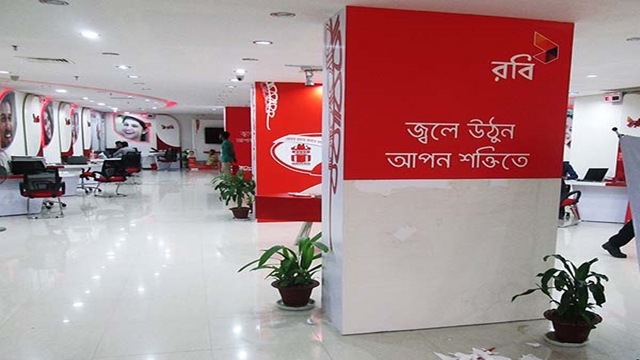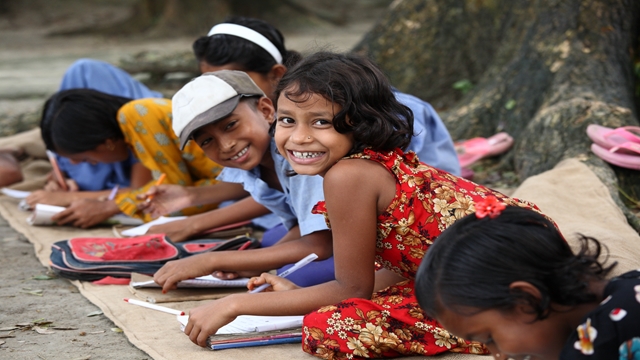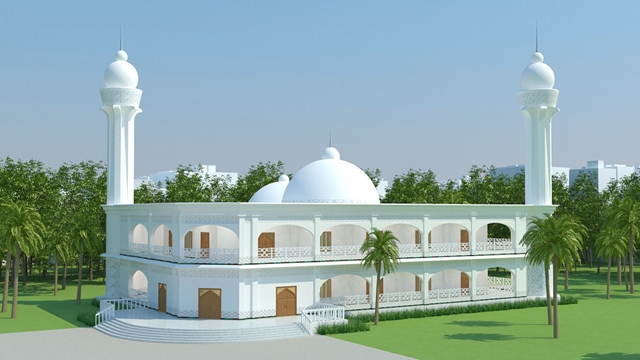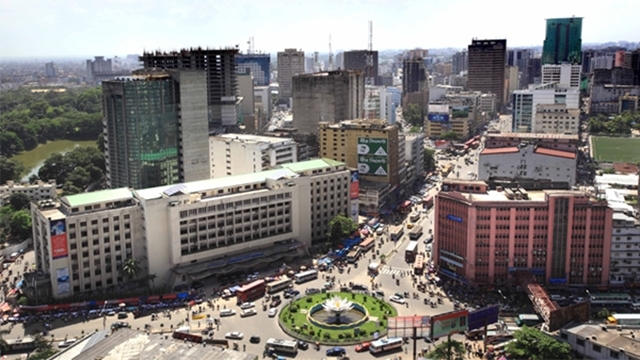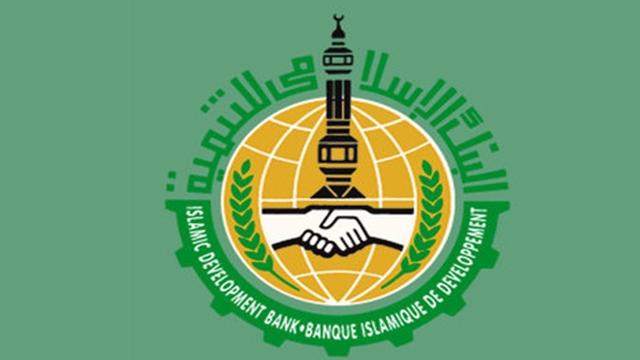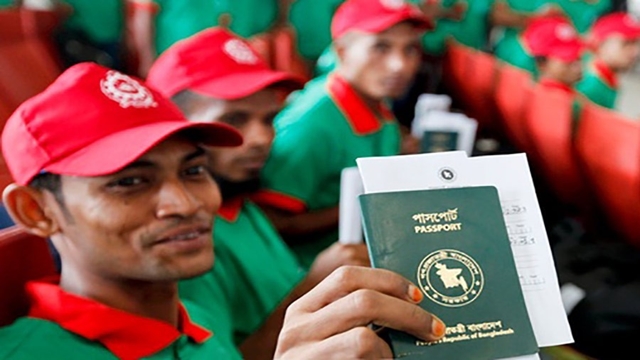SAM
Published:2018-03-22 19:47:33 BdST
LDC graduation: An outcome of the government’s development initiativesGovt’s development efforts: Catalyst for LDC graduation
FT ONLINE
Bangladesh is going to observe its 48th Independence Day at a time when it has become eligible to graduate from the bloc of least developed countries and join the club of developing countries.
From politicians to commoners, all feel proud of the remarkable achievement, saying Bangladesh, which was once labelled as an “international basket case” by an American diplomat, has now turned into a “basket full of resources and prospects.”
On March 16, the UN Committee for Development Policy (CDP) declared the country’s eligibility for graduating from the LDCs as it has fulfilled requirements for all three criteria such as gross national income per capita, human assets index, and economic vulnerability index to graduate in developing country.
As per the UN’s graduation threshold, per capita income of $1,230 is the minimum requirement for transitioning into a developing nation. Bangladesh’s per capita income currently stands at $1,274, and its score in Human Assets Index (HAI) is 73.3 while the minimum requirement is 64.
LDC graduation: A remarkable achievement

Economists and trade experts described the country’s eligibility for graduating from the LDC status as a remarkable achievement in its history of economic development.
Bangladesh is a key player in terms of share in population, GDP, and exports of all 47 LDCs as about half of the manufacturing exports from LDCs originate from Bangladesh.
Among the 47 LDCs, Bangladesh alone holds 19% share of GDP, 17.3% of total population, and 13.6% of exports.

Debapriya Bhattacharya, a distinguished research fellow at Centre for Policy Dialogue (CPD), a Dhaka–based think tank, said: “Bangladesh’s graduation from the group of LDCs is an exceptional and landmark achievement…as it met all three graduation criteria.”
Bangladesh will be one of the first big developing countries to graduate with large population, sizable economy, export volumes, and progress in poverty alleviation, the economist added.
Data shows Bangladesh is performing very well compared with other graduating countries such as Myanmar and Laos.
According to UN data, Bangladesh’s per capita income is $1,274, while that of Myanmar is $1,255. Bangladesh’s HAI score is 73.3, while the scores of Myanmar and Laos are 68.6 and 72.8 respectively.
The two countries are lagging behind Bangladesh in EVI scores as well.
LDC graduation: An outcome of the government’s development initiatives
Bangladesh’s graduation from the LDCs’ group is an outcome of the government’s continuous development initiatives, while the private sector, especially export-oriented industries and non-government organizations, played a vital role in helping the country achieve its goals, experts said.
The government’s initiatives to provide education and health services to the marginalized people, social safety-net programs, and a congenial business environment acted as a catalyst for the graduation, said Moazzem.
In addition to the government’s efforts, export-oriented businesses including the apparel industry played a crucial role in this regard, the researcher said, adding that NGOs, too, helped increase the country’s literacy rates and reduce neonatal and maternal deaths and malnutrition.
Reaping the benefits
Bangladesh’s graduation from the LDC status will open up new opportunities and possibilities such as paving the way for the country to join new trade alliances, and inflow of new investments and lines of credit from development partners.
Graduation from the LDC status is definitely a matter of pride and dignity for the nation. Bangladesh’s new identity as a developing nation will create opportunities for it to join various regional and sub-regional blocs.
It will enable the country to sign trade agreements and pave the way to build partnership with regional trade organizations.
It was seen that the countries which graduated the group of LDCs in the past confronted negative changes in their remittance inflows, GDP and other indicators, but they FDI inflows shot up significantly, he added.
In the case of Bangladesh, FDI inflows will increase even higher as it is a much stronger economy than any other FDI-receiving countries, the economist forecast.
Foreign funds and loan inflows from international financial organizations will also increase as they will now feel safe to provide credit to the country due to its changing identity.
The challenges Bangladesh is likely to face

Bangladesh will have to undergo two more reviews in 2021 and 2024 to formally graduate from the group of LDCs.
As it is still on the LDC list, the country enjoys duty free market access to the European Union and some other countries. Once Bangladesh has graduated from the LDC status, its exports will face an additional 6.7% tariff.
On the other hand, the country will lose the concessional credit facilities it receives from development partners, which will likely cause an increase in interest rates.
In the past, the countries that graduated to becoming the developing nations witnessed a decline in their remittance and FDI inflows and GDP. Consequently, their financial systems faced a vehement pressure as their tax revenues declined.
The government is constructing more and more export processing zones, and export volumes are on the rise as well. But, the country’s export earnings are highly dependent on a limited number of products, which cannot help ensure sustainable GDP growth. On the other hand, the productivity of Bangladeshi workers is at the lowest level compared to the other LDCs.
After it will graduate from the LDC status, Bangladesh will have to attract more local and foreign investments, which have been in a stagnant situation for around a decade. Also, it must take measures to diversify its export basket and increase productivity.
The government should focus on finding alternative sources of funding, as it will no longer be entitled to preferential benefits in global markets once it has become a developing nation.
Bangladesh has performed fairly well in all three criteria, but there are some sub-indices that should given more attention.
It should reduce dependency on limited export items and diversify the export basket, economists said, laying emphasis on measures to reduce vulnerability in the coastal region and tackle climate change effects.
How to sustain economic development post-graduation

In order for Bangladesh to maintain its progress in the graduation process, the government ought to create a genuine partnership, as opposed to an adversarial relationship between the state and the NGOs, to take forward the country even further, eminent economist and CPD Chairman Prof Rehman Sobhan stressed.
Positive structural transformation and inclusive growth in LDCs can be gained through productivity growth, export diversification, reduction of productivity gaps across sectors, labour transition to more productive sectors and productivity-enhancing capacity development.
For Bangladesh to remain competitive in global export markets, experts suggested diversifying export items as Bangladesh depends on the RMG industry for over 80% of its export earnings. They also underscored the need for focusing on negotiation skills for winning favourable trade facilities and business deals.
They suggested upgrading the agricultural sector, ensuring employment opportunities for all, and building new industries and factories to enhance the productivity.
Unauthorized use or reproduction of The Finance Today content for commercial purposes is strictly prohibited.



